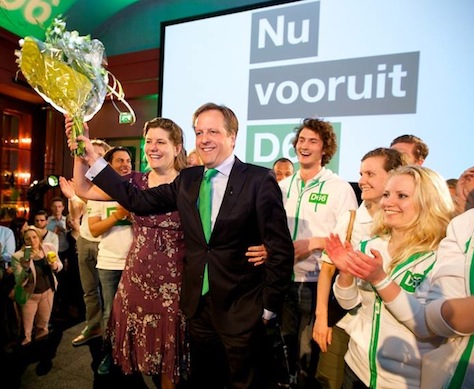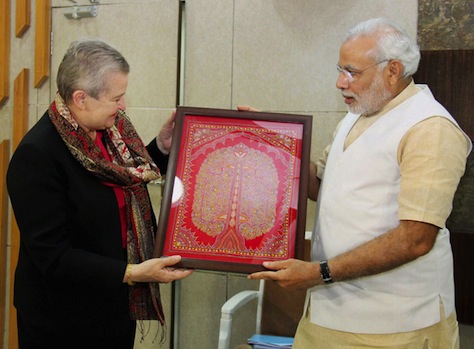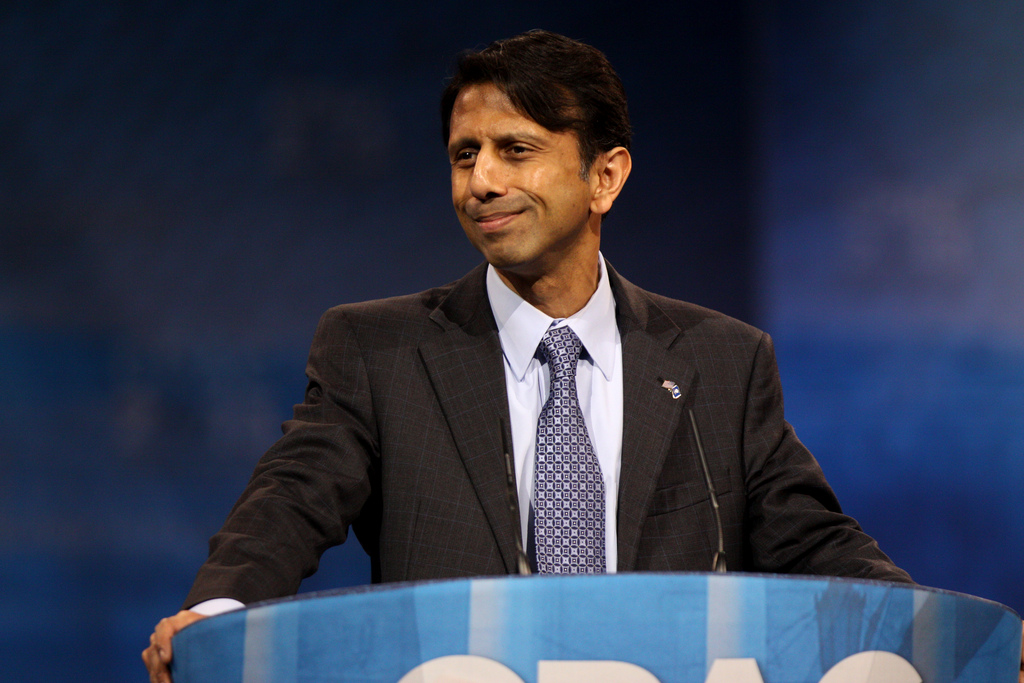Though Geert Wilders and his anti-Moroccan comments dominated headlines following last month’s municipal elections throughout The Netherlands, the clear winner was the Democraten 66 (D66, Democrats 66) and its leader Alexander Pechtold (pictured above).![]()
Nearly a year and a half after the last Dutch general election, D66 is emerging in polls as the strongest party in The Netherlands today, in light of the government’s increasing unpopularity under the strain of budget cuts and a continued sluggish economy.
Notably, D66 became the largest party in both Amsterdam and Utrecht. That’s a big deal because Amsterdam since 1946 has been the stronghold of the Partij van de Arbeid (PvdA, Labour Party), the junior partner in the current Dutch government. It’s a sign of just how unpopular the government has become, and how specifically unpopular the Labour Party has become.
Nationally, the Christen-Democratisch Appèl (CDA, Christian Democratic Appeal) won the highest share of the vote with 17.7%, largely on the strength of rural voters.
The center-right, liberal Volkspartij voor Vrijheid en Democratie (VVD, People’s Party for Freedom and Democracy), the leading partner of the national government placed second with 12.7%, a significant decrease.
But D66 placed third with 9.6% of the vote and, in light of the advances in Amsterdam and Utrecht, emerged from the March 19 elections as the party with the most momentum in Dutch politics today.
It’s somewhat of an odd party.
Founded in (you guessed it!) 1966 by journalist Hans van Mierlo, its original goal was to make The Netherlands a more democratic country, with a two-party presidential republic and greater direct participation through referenda.
Today, it doesn’t necessarily want to enact a presidential republic, but it’s still split between an older radical wing and a newer liberal wing, and it has essentially become a just-left-of-center party that’s both socially liberal and economically liberal, with chiefly urban appeal limited to The Netherlands’s large cities and progressive university towns.
An art historian by training, Pechtold was the mayor of Wageningen before making the leap into national politics. He briefly served in the second government of Jan Pieter Balkenende between 2005 and 2006 as minister for government reform and kingdom relations. Continue reading Who is Alexander Pechtold?



